20+ Years Experience
Specialist Education Providers

Enquire Today For A Free No Obligation Quote
Have you ever wondered why children seem to learn so effortlessly while playing? This article delves into the psychological theories that explain how play can be a powerful tool for learning. Discover how understanding these theories can help you better facilitate learning experiences for children.
Play-based learning is an educational approach that acknowledges the significance of play in a child’s development. It involves providing children with opportunities to participate in hands-on activities and pursue their interests.
Play-based learning can take place indoors and outdoors, offering children a mix of structured and unstructured play.
Outdoor play, specifically, allows children to connect with the real world, nurturing their creativity, problem-solving abilities, and physical growth.
By integrating play into education, children can develop crucial social, emotional, and cognitive skills in an enjoyable and interactive manner.
Learning through play is a fundamental aspect of childhood development that has been studied by psychologists for decades. In this section, we will discuss the various benefits of learning through play, from enhancing creativity and imagination to improving social skills and problem-solving abilities.
By exploring each of these benefits, we can gain a deeper understanding of the psychological theories behind this approach to learning and how it impacts children’s development.
Play-based learning enhances creativity and imagination by allowing children to explore, create, and imagine freely. To incorporate play-based learning in education and parenting, follow these steps:
Engaging in play-based learning can significantly enhance social skills in children. Here are some steps to incorporate play-based activities to improve social development:
In rural areas, where access to social opportunities may be limited, play-based learning can provide valuable real-world experiences for children to interact and develop social skills.
In the early 1900s, psychologist Lev Vygotsky observed the importance of play in social development. His sociocultural theory emphasized the role of social interactions and play in shaping children’s cognitive and social abilities, highlighting the significance of play-based learning in fostering real-world social skills.
Play-based learning is an effective approach to develop problem-solving skills in children. Recent studies have shown that engaging in play activities enhances cognitive abilities and fosters critical thinking. Here are steps parents and educators can take to incorporate play-based learning into children’s routines:
A systematic study on the history of play-based learning reveals its longstanding role in human development, supporting the notion that play has been an integral part of learning and problem-solving throughout history.
Encouraging self-expression through play is extremely beneficial for children’s language and emotional development. To incorporate this into play-based learning, follow these steps:
Jean Piaget’s theory of cognitive development is a key concept in understanding the significance of play-based learning. To incorporate Piaget’s theory into play-based learning, educators and parents can follow these steps:
By following Piaget’s theory, play-based learning can effectively promote cognitive and Language Development in children.
Vygotsky’s Sociocultural Theory emphasizes the significant role of social interaction and cultural influences in a child’s cognitive development, particularly in terms of language development.
According to Lev Vygotsky, children learn best through their interactions with individuals who possess more knowledge and skills. This theory suggests that in play-based learning, children can acquire new language skills and knowledge by engaging in pretend play with peers or adults.
Through social interactions during play, children also develop problem-solving abilities and social competence.
Educators and parents can incorporate Vygotsky’s theory by creating opportunities for cooperative play and providing scaffolding or guidance to support the child’s language development and overall learning and development.
Erikson’s psychosocial theory emphasizes the importance of play in a child’s emotional and social development. According to Erikson, play helps children develop a sense of trust, autonomy, and initiative. Through play, children explore their emotions, learn to express themselves, and develop coping skills.
Play also provides opportunities for children to interact with others, practice social skills, and learn to resolve conflicts. Additionally, play promotes physical well-being by keeping children active and engaged, which supports the development of a strong immune system and ensures adequate exposure to Vitamin D.
Parents and educators can encourage play-based learning by providing a supportive and stimulating environment that allows children to freely explore and engage in imaginative play.
Bandura’s Social Learning Theory emphasizes the importance of observational learning and modelling in child development. According to Bandura, children learn through observing others and imitating their behaviour.
In the context of play-based learning, this theory highlights the significance of providing opportunities for children to engage in guided play and child-led play.
Through these activities, children can observe and imitate the actions and language of others, which promotes language development and the acquisition of new skills.
By incorporating Bandura’s Social Learning Theory into play-based learning, parents and educators can create an environment that fosters language development, social interaction, and overall cognitive growth.
As we have discussed the importance of play-based learning in child development, the next question is: how can parents and educators incorporate this approach into their practices?
In this section, we will explore four different ways to implement play-based learning: providing open-ended materials, encouraging child-directed play, using guided play activities, and creating a play-friendly environment.
Each of these strategies plays a crucial role in promoting different aspects of a child’s development, such as language, physical, emotional, and cognitive skills.
Providing open-ended materials is crucial for promoting play-based learning in children. Here are some steps to incorporate this approach:
By providing open-ended materials, children have the opportunity to engage in self-directed play, fostering their cognitive, social, and emotional development.
Encouraging child-directed play is crucial for a child’s emotional and physical development. Here are steps to incorporate child-directed play:
Using guided play activities is an effective way to promote cognitive and emotional development in children. Here are some steps to incorporate guided play activities:
Creating a play-friendly environment is crucial for children’s physical and emotional development. Here are some steps to follow:
The significance of outdoor learning and play lies in its ability to help children develop cognitively, socially, emotionally and physically through discovery and making sense of the world around them.
The psychological theories behind learning through play have been studied by various psychologists and scientists for over a century. Jean Piaget’s theory of cognitive development and Lev Vygotsky’s theory of play both highlight the importance of play in a child’s development.
Child-led play allows for independence and autonomy, while guided play provides a structured environment for targeted development. Both have a fundamental role in children’s overall development.
Recent studies have shown that outdoor play has numerous benefits for children’s growth, including better language development and increased sociability. In contrast, indoor play has been linked to a higher risk of asthma and other health issues.
Research has shown that outdoor play can enhance the immune system, increase Vitamin D levels, and improve mood, energy, and memory in children. It also allows them to put into practice the concepts and skills they have learned in the classroom.




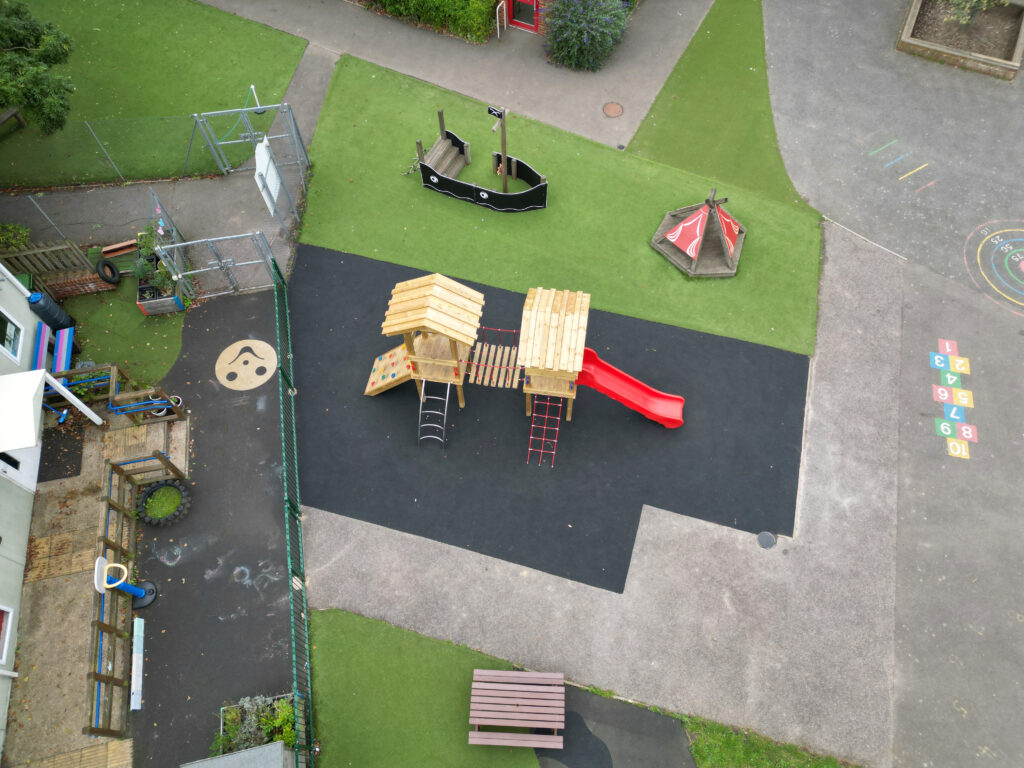

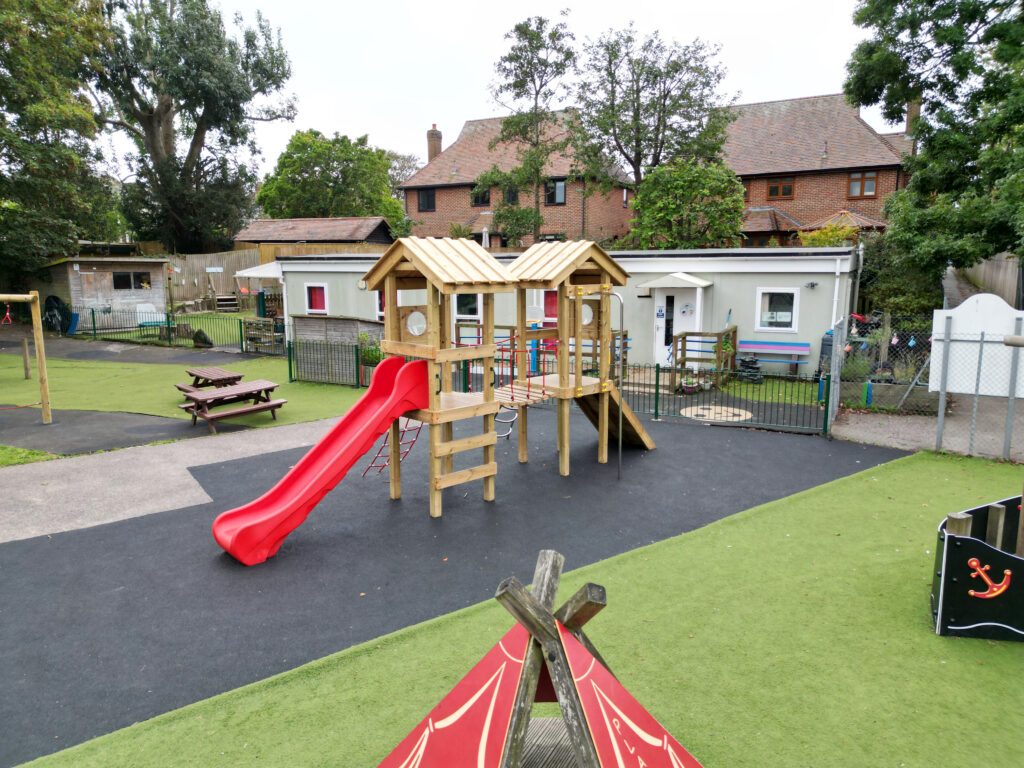
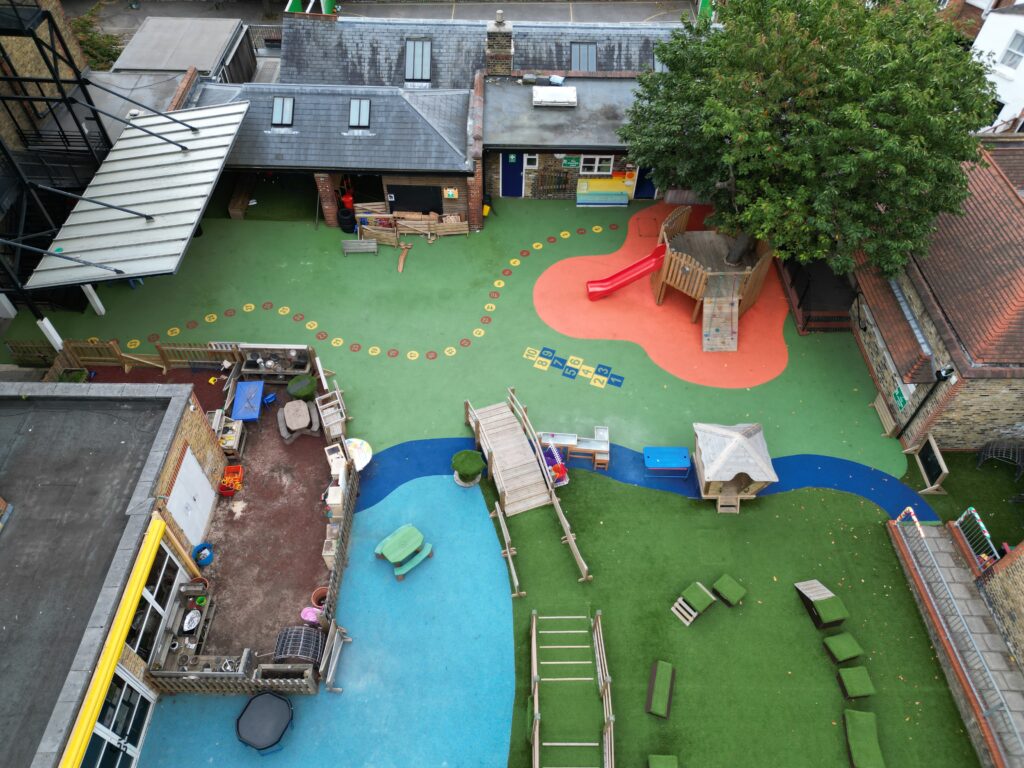






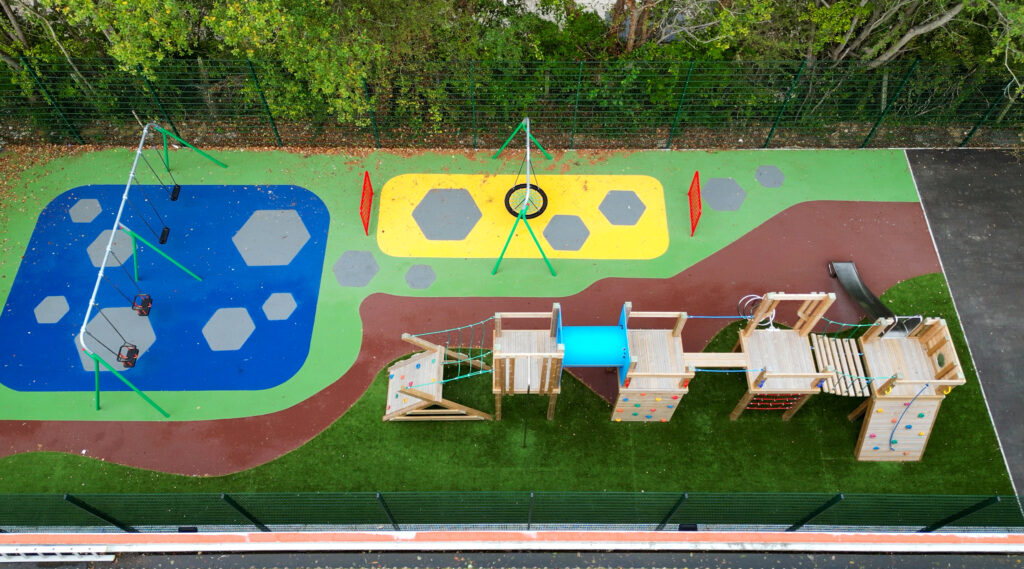




















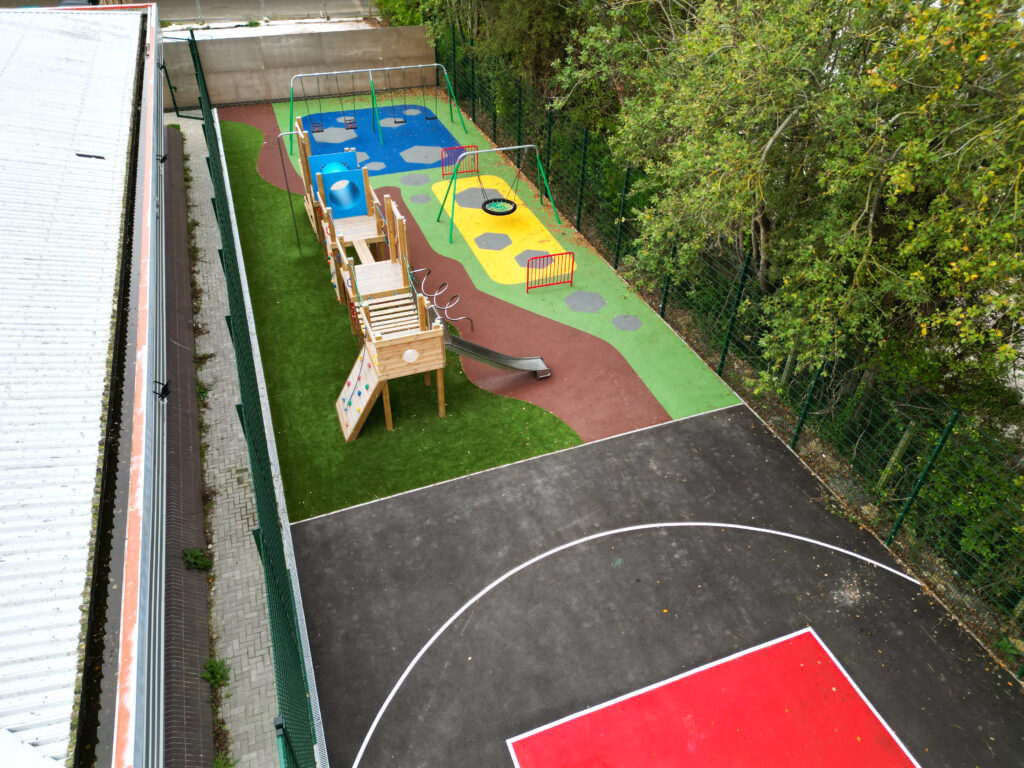



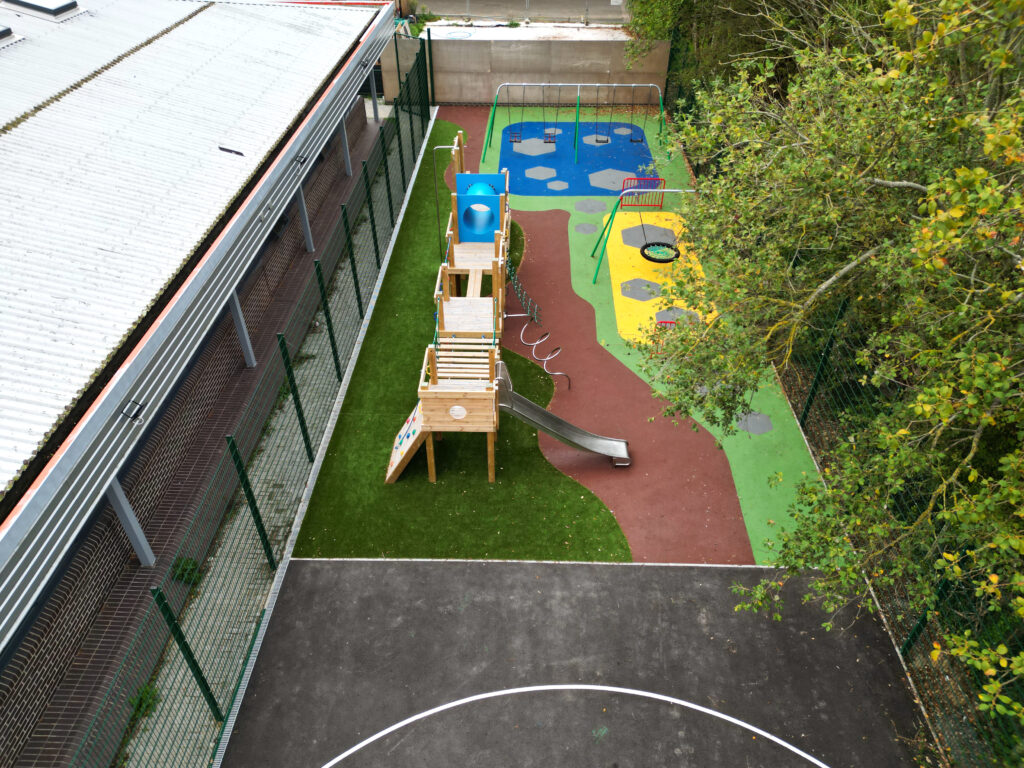







We Aim To Reply To All Enquiries With-in 24-Hours